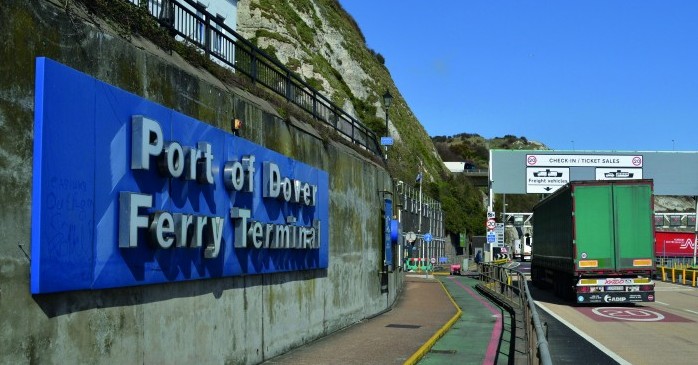- The requirements for pre-notification of Sanitary and Phytosanitary (SPS) goods will now be introduced on 1 January 2022.
- The new requirements for GB Export Health Certificates from EU exporters, which were due to be introduced on 1 October 2021, will now be introduced on 1 July 2022.
- Phytosanitary Certificates and physical checks on SPS goods at Border Control Posts, due to be introduced on 1 January 2022 and March 2022, will now be introduced on 1 July 2022.
- Safety and Security declarations on imports will be required as of 1 July 2022 as opposed to 1 January 2022.
- Full customs declarations and controls will be introduced on 1 January 2022 as previously announced.
NPA chief executive Zoe Davies said: “This is yet another kick in the teeth for the pig industry, which is under massive pressure at the moment from staff shortages, growing backlogs of pigs on farm, falling prices and record costs of production.
“It means that while pork exports to Europe have been more costly and burdensome since start of this year, resulting in a big reduction in volumes shipped, EU imports will be free to enter the UK unchecked and unburdened until July 2022, that is, if the Government is ready then.
“This is handing a massive advantage to our EU competitors at a time when lots of very cheap pork is available in Europe and our industry needs all the help it can get in the midst of the biggest crisis we have faced in two decades.”
NFU President Minette Batters said: “Since the implementation of the EU’s border controls in January, UK agri-food exporters to the EU have lost more than £1.8 billion. Yet while our exporters have been struggling with additional costs and burdens, EU competitors have been given extended grace periods by our own government to maintain access to the UK market relatively burden free.
“While further delays to controls on imported EU products may go some way to keep supermarket shelves stocked at a challenging time for the UK supply chain, the current production and supply issues are largely due to workforce availability.
“That is why the food and farming industry is asking for a 12-month Covid Recovery Visa and to expand and make permanent the Seasonal Workers Scheme. A delay to controls on EU imported products will do little to address supply chain problems, nor the long-term trade frictions farmers are experiencing.
“Negotiators must seek to achieve a level playing field with pragmatic and equitable checks on imports and exports as quickly as possible.”
Ian Wright CBE, Chief Executive, Food and Drink Federation, said: “Many food and drink manufacturers will be dismayed by the lateness of this substantial change.
“Businesses have invested very significant time and money in preparing for the new import regime on 1 October 2021. Now, with just 17 days to go, the rug has been pulled. This move penalises those who followed Government advice and rewards those who ignored it. As recently as yesterday, officials assured us that import checks would be implemented as planned.
“The repeated failure to implement full UK border controls on EU imports since January 1, 2021 undermines trust and confidence among businesses. Worse, it actually helps the UK’s competitors. The asymmetric nature of border controls facing exports and imports distorts the market and places many UK producers at a competitive disadvantage with EU producers.
“We welcome the Government’s acknowledgement that supply chains are under extreme pressure but this is to a large extent caused by labour and skills shortages in every part of the food chain. Government must put in place financial support to help prepare for these new deadlines of import controls – industry has invested three times in preparing, only to have wasted this money despite assurances from Government there would be no delay.”




